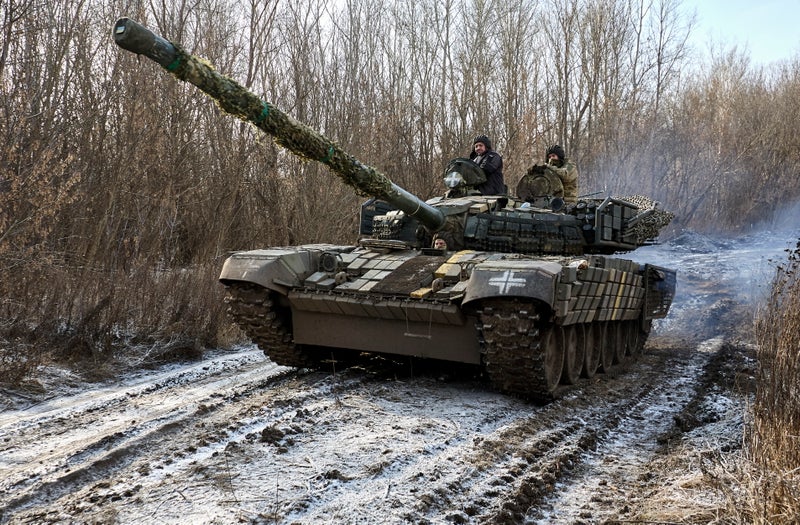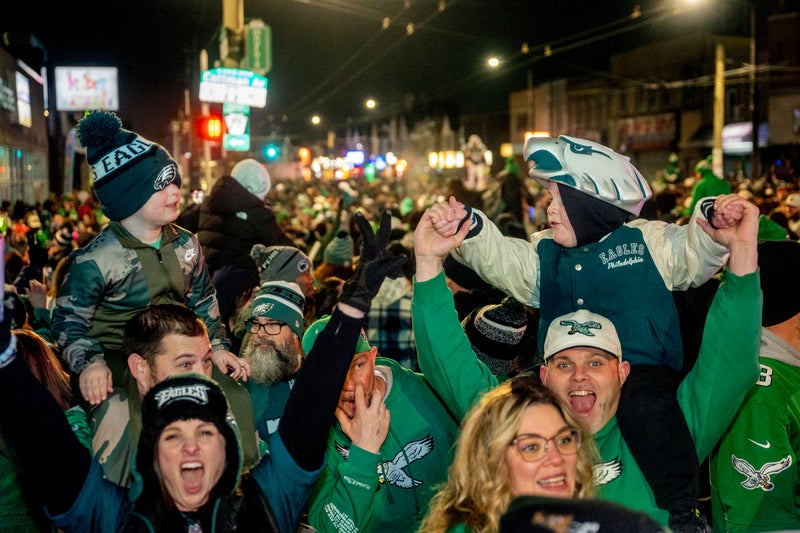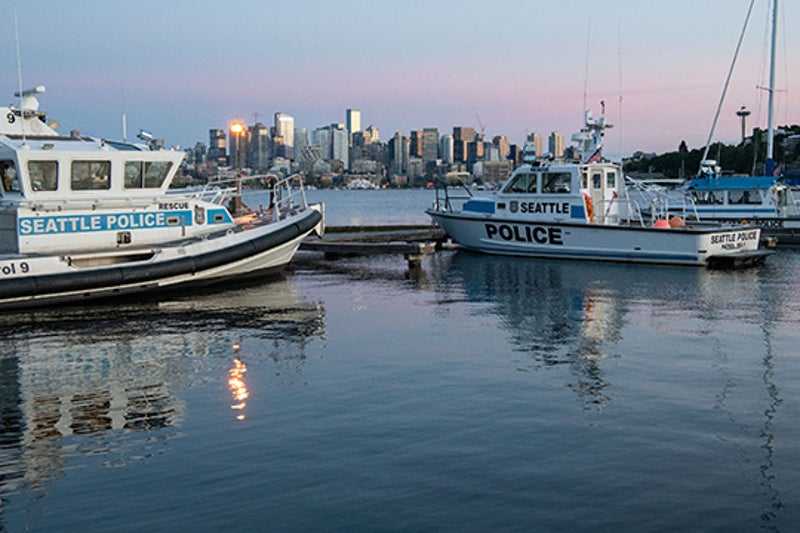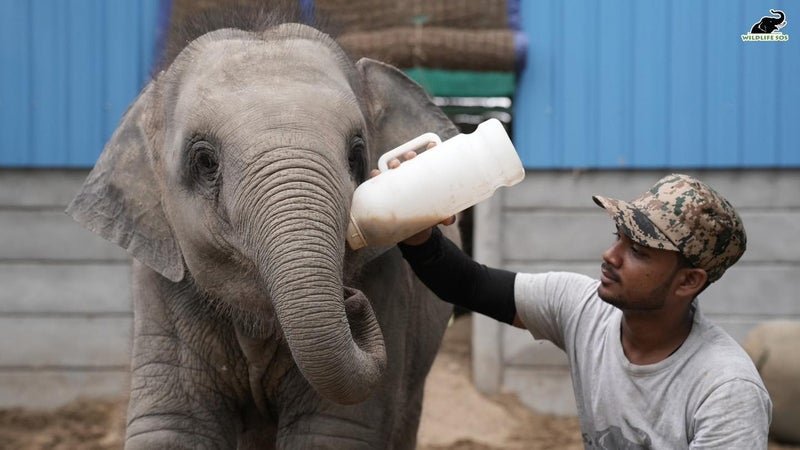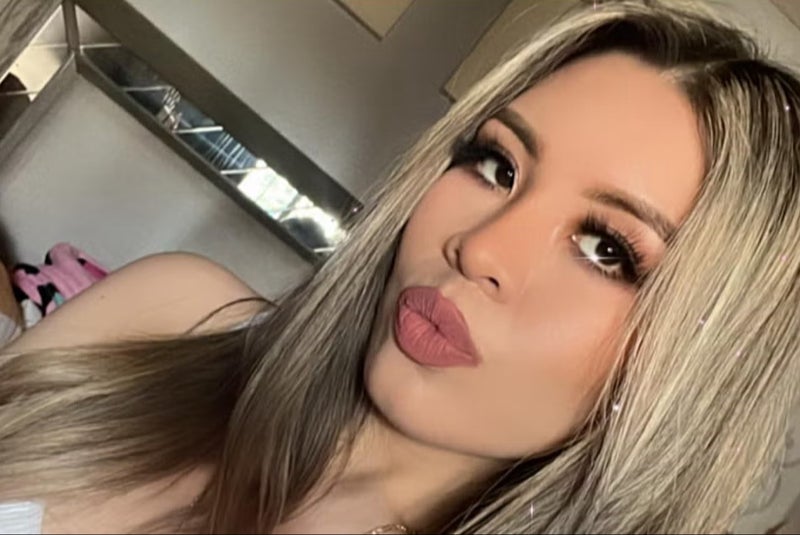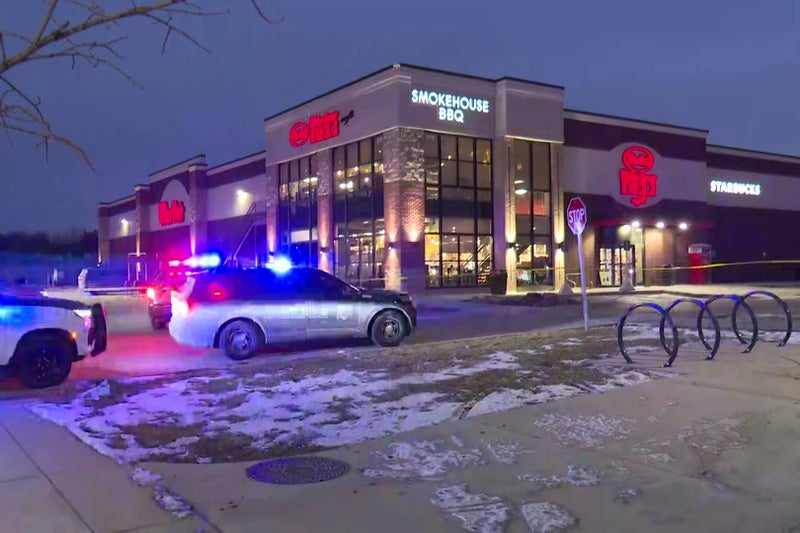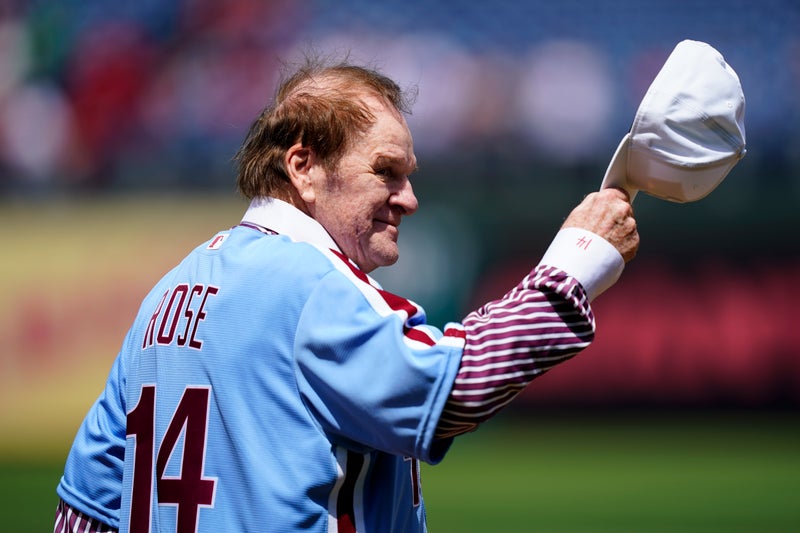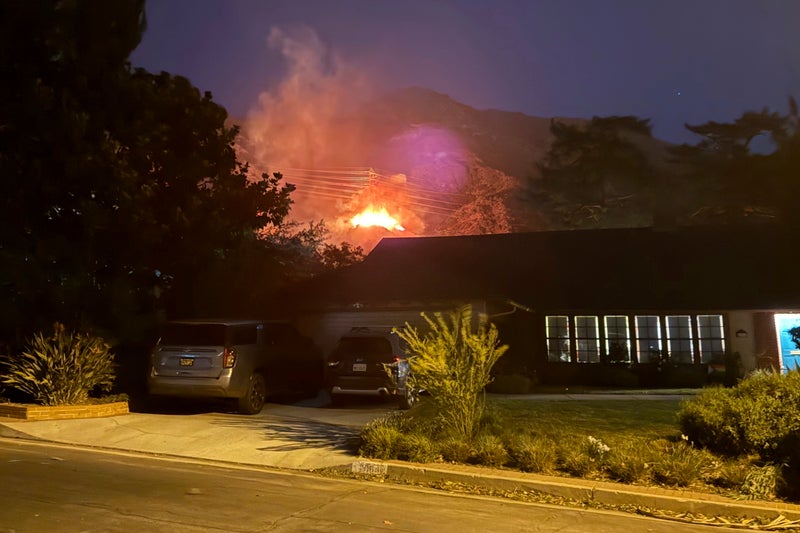While it seems unlikely the leaders will be either willing or practically able to develop a new European army of the kind requested by President Zelenskyy, their discussions will surely focus on the options for a future peacekeeping force in Ukraine, how best to bolster Ukraine's existing fighting capabilities, and underlying everything - the level of future defence spending.
Divisions are growing not just on how to handle the conflict in Ukraine and the future of NATO, but on broader issues of society and democracy too, following the US vice president's broadside against European countries including the UK and Germany over supposed issues of free speech and religious freedom.
As well as the UK, Paris has confirmed those on the invite list for the "informal" meeting include Germany, Italy, Poland, Spain, the Netherlands and Denmark - as well as the president of the European Council, the president of the European Commission and the secretary general of NATO.
Donald Trump's special envoy for Russia and Ukraine, General Kellogg, has laid down the gauntlet to Europe's leaders to come up with their own contributions to the Ukrainian peace process, calling on them to "participate in the debate, not by complaining about being at the table or not, but by presenting concrete proposals, ideas, by increasing spending.".
After years of exasperation from the US over Europe's more relaxed attitude to defence spending - nothing quite makes the point about military irrelevance than being left out of the room where the future of Ukraine is likely to be decided.


